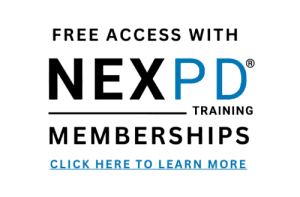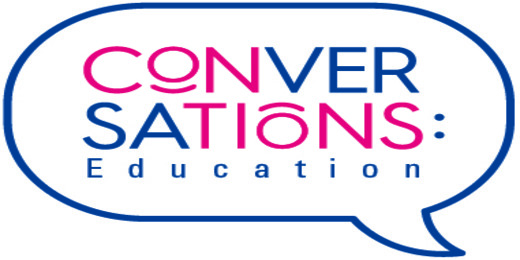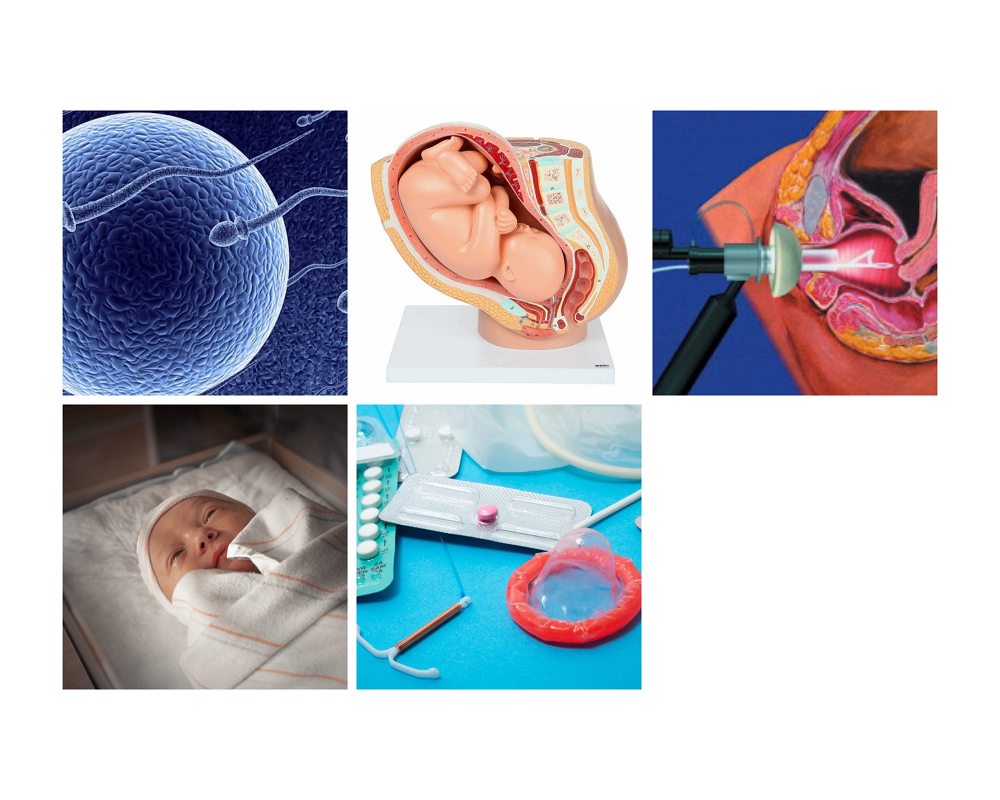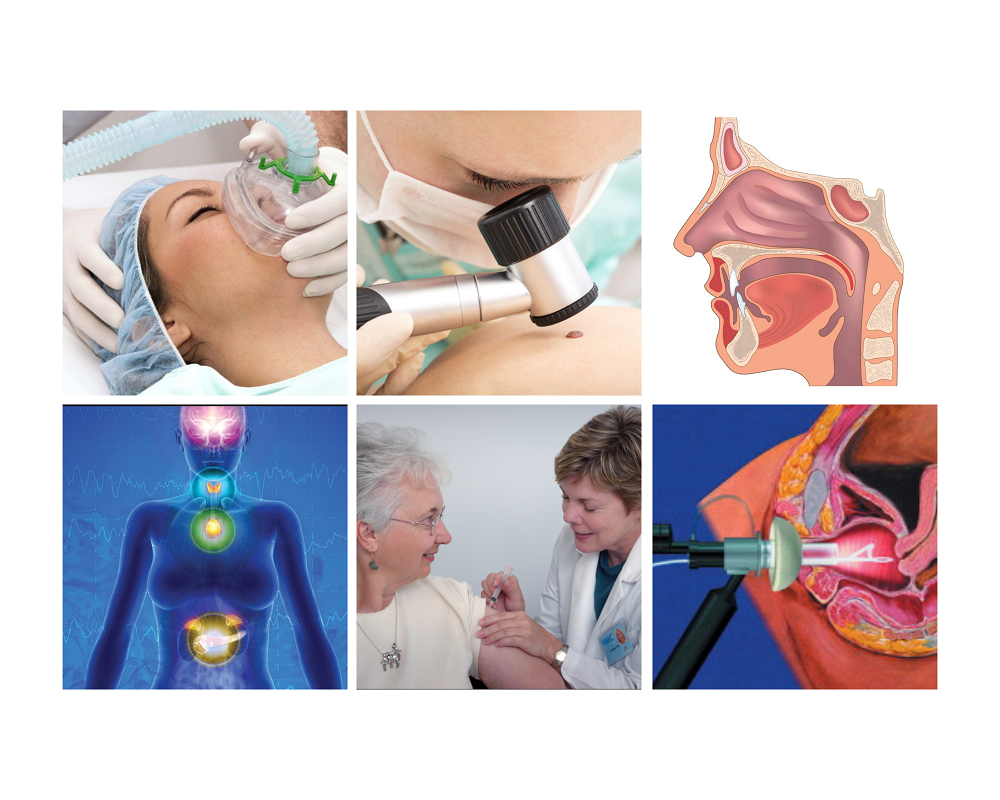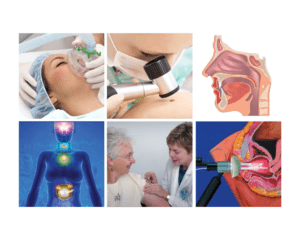
Introduction to Medical Terminology – Full Course
Description
Who would this be useful for?
This course will cover the following items:
Teaching Medical Terminology through; basic anatomy and physiology of the main body systems,
Most common diseases and disorders,
Assessment and treatment methods, including commonly used medicines.
Course outcomes
Knowledge
Foundational Medical Terminology: Acquire a solid foundation in medical terminology, encompassing roots, prefixes, and suffixes used in healthcare settings.
Anatomy and Physiology Knowledge: Develop an understanding of basic anatomy and physiology of the main body systems, enabling effective communication in healthcare contexts.
Disease and Disorder Recognition: Identify and comprehend the terminology associated with the most common diseases and disorders, facilitating improved communication with medical professionals.
Assessment and Treatment Terminology: Familiarize yourself with assessment and treatment methods commonly employed in healthcare, including the vocabulary related to commonly used medicines.
Interpreting Medical Terminology: Equip yourself with the skills to interpret and decipher complex medical terms, aiding in precise communication and documentation.
Skills
Communication Skills: Enhance your ability to effectively communicate with medical professionals, patients, and colleagues using accurate medical terminology.
Interpretation Skills: Develop proficiency in interpreting medical terminology, ensuring clear and precise understanding in a healthcare context.
Documentation Proficiency: Learn how to accurately document medical information and records, reducing the risk of errors and misunderstandings.
Problem-Solving Abilities: Acquire the skills to analyse and understand medical terms, enabling you to problem-solve and provide informed assistance in healthcare settings.

